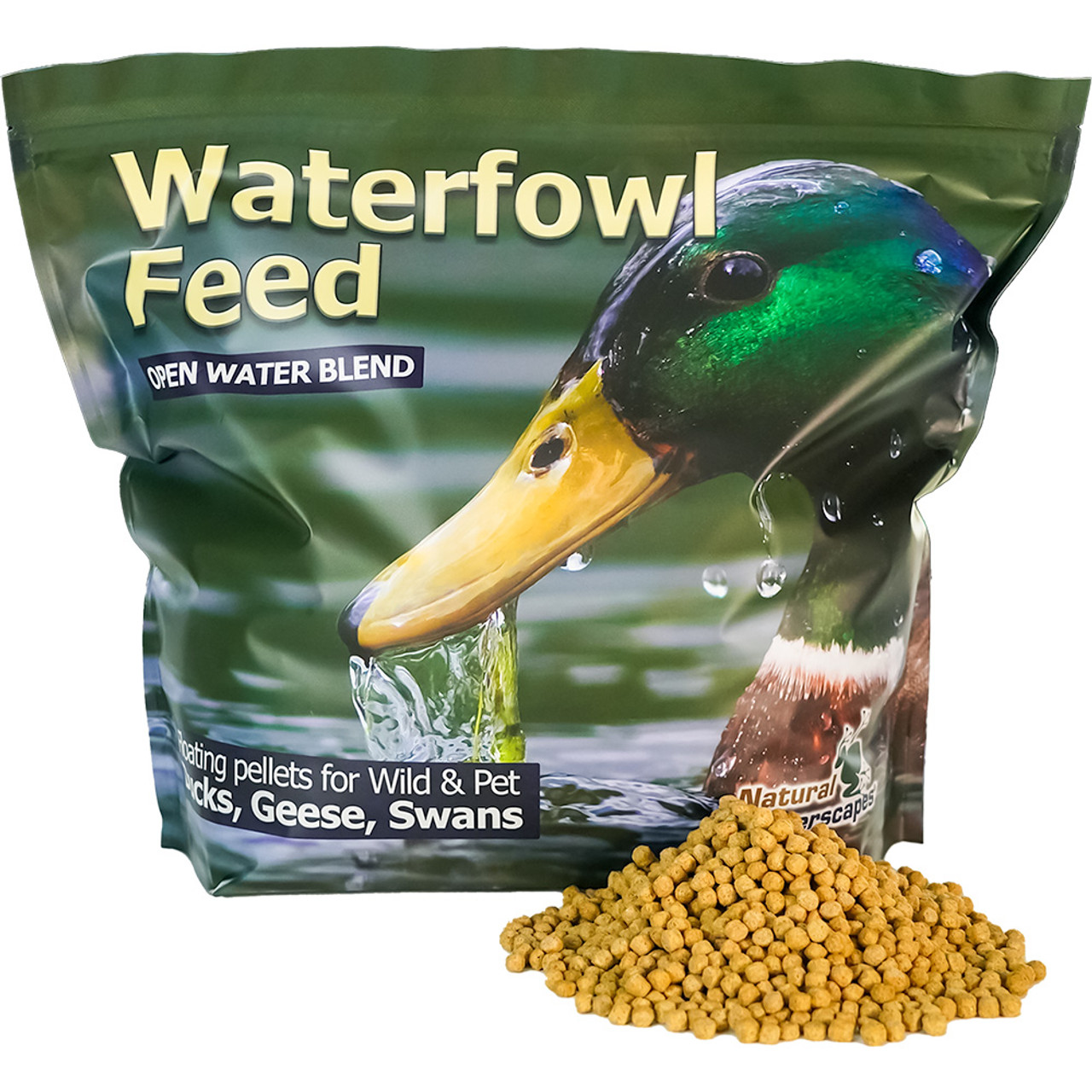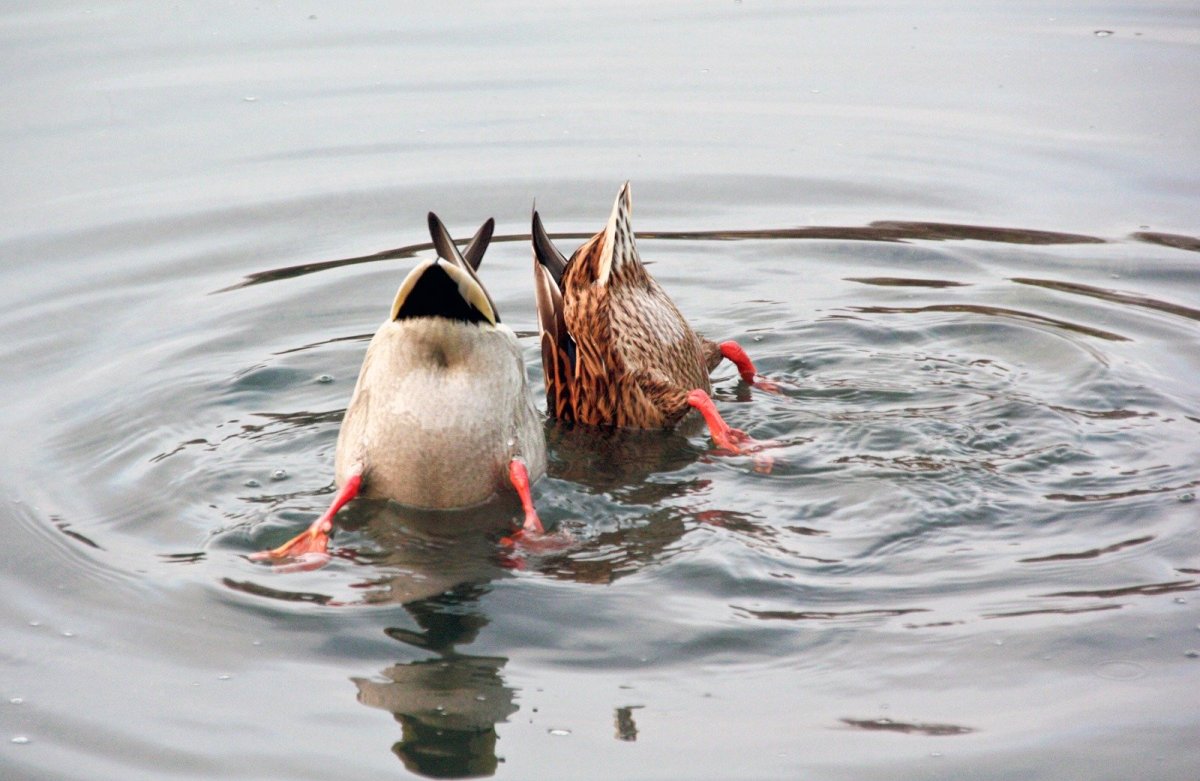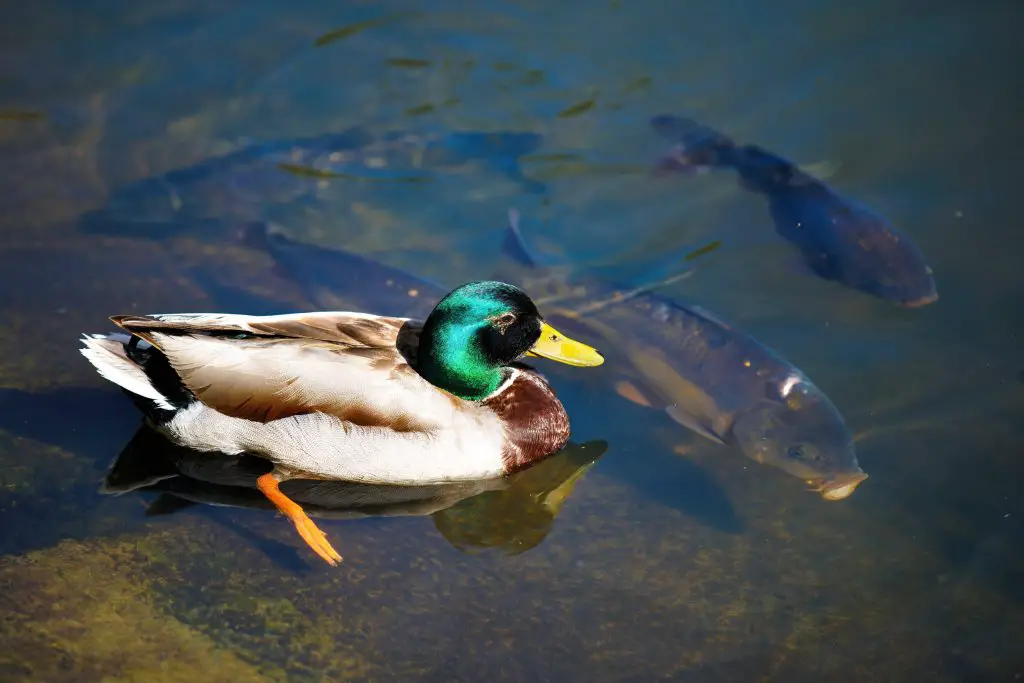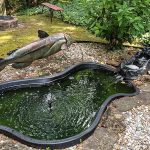Have you ever wondered if ducks eat pondfish? Ducks are charming and delightful creatures that are often found near ponds and lakes. However, their presence may lead to questions about their dietary habits and whether they pose a threat to pondfish. In this comprehensive guide, we will explore the relationship between ducks and pondfish to determine if ducks actually eat pondfish.
Understanding Ducks and Their Diet
Ducks are omnivorous birds, which means they have a varied diet that includes both plant and animal matter. In the wild, ducks primarily feed on aquatic plants, insects, small fish, and crustaceans. They are equipped with specialized bills that help them filter food from the water and mud.
While ducks are not strict carnivores, they do occasionally consume small fish when given the opportunity. However, their preference for fish may vary depending on the species of duck and the availability of other food sources.

Credit: shop.naturalwaterscapes.com
The Relationship Between Ducks and Pondfish
When it comes to pondfish, such as koi or goldfish, the presence of ducks can be a cause for concern for pond owners. Many pondfish enthusiasts worry that ducks may prey on their prized fish, leading to potential losses and disruptions in the pond ecosystem.
It is important to note that while ducks may consume small fish, they are not typically viewed as significant predators of pondfish. Ducks are more likely to feed on algae, insects, and aquatic plants that are abundant in ponds. In most cases, pondfish are not a primary food source for ducks, and they are unlikely to actively hunt or target fish in a pond.
Factors to Consider
There are several factors to consider when determining the likelihood of ducks eating pondfish:
- Duck Species: Some species of ducks may have a greater affinity for fish compared to others. For example, mergansers are diving ducks that are known to feed on fish, while dabbling ducks like mallards primarily feed on vegetation.
- Pond Environment: The availability of natural food sources in the pond, such as plants and insects, can influence a duck’s dietary preferences. A well-balanced pond ecosystem may discourage ducks from targeting fish as a food source.
- Population Density: The number of ducks present in the area can also impact their feeding behavior. In crowded environments with limited food resources, ducks may be more likely to explore alternative food options, including small fish.
Managing Ducks and Pondfish
For pond owners concerned about ducks potentially eating pondfish, there are several strategies that can help mitigate the risk:
- Provide Shelter: Creating hiding spots for pondfish, such as aquatic plants or structures, can offer protection from ducks and other predators.
- Feeding Schedule: Establishing a regular feeding schedule for ducks with nutritious food can help reduce their reliance on fish as a food source.
- Scare Tactics: Using visual deterrents or motion-activated devices can discourage ducks from frequenting the pond and minimize interactions with pondfish.

Credit: owlcation.com
Conclusion
While ducks may occasionally eat pondfish, they are not typically considered a significant threat to the fish population in a pond. By understanding the dietary habits of ducks and implementing appropriate management strategies, pond owners can create a harmonious environment where ducks and pondfish can coexist peacefully.
Next time you see ducks near a pond, you can appreciate their beauty and playful nature without worrying too much about their impact on pondfish. With proper care and attention, both ducks and pondfish can thrive in their shared habitat.





